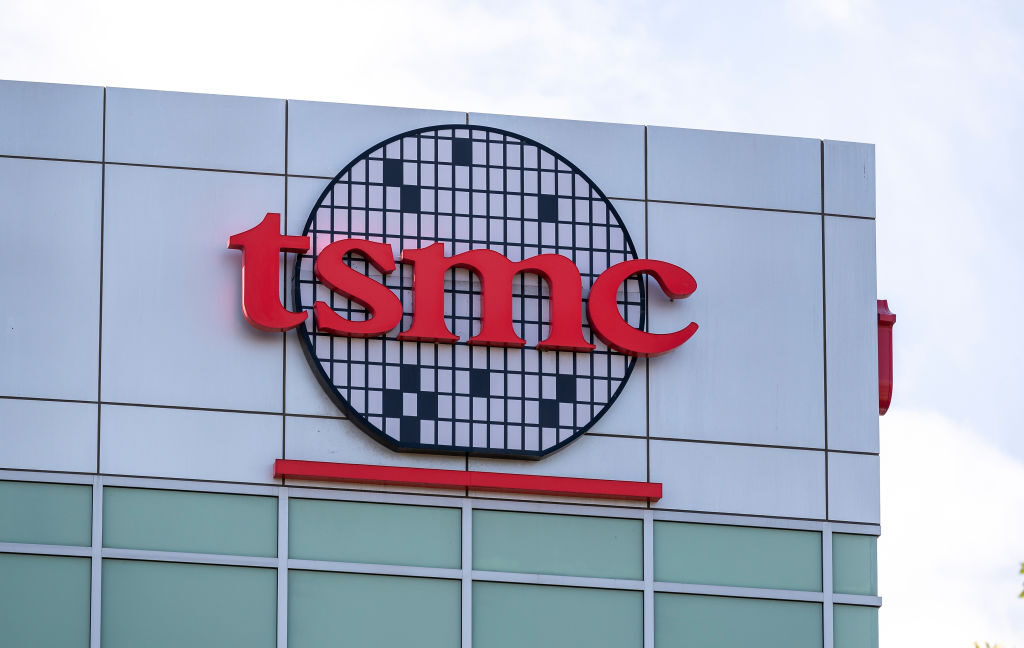Yesterday, it was reported that the US Department of Commerce is investigating the Taiwan Semiconductor Manufacturing Co. (TSMC) over suspicions that the chipmaker may have been subverting 5G export controls to make "artificial intelligence or smartphone chips for the Chinese tech giant Huawei Technologies," sources with direct knowledge told The Information.
The Department of Commerce has yet to officially announce the probe and declined Ars' request for comment. But TSMC promptly issued a statement today, defending itself as "a law-abiding company" that's "committed to complying with laws and regulations, including export controls."
For the past four years, the US has considered Huawei a national security risk after Huawei allegedly provided financial services to Iran, violating another US export control. In that time, US-China tensions have intensified, with the US increasingly imposing tariffs to limit China's access to US tech, most recently increasing tariffs on semiconductors. As competitiveness over AI dominance has heightened, Congress also recently introduced a bill to stop China and other foreign adversaries from accessing American-made AI and AI-enabling technologies.
Since US officials have long considered Huawei to be a state-controlled entity and blocked Huawei from accessing US-made 5G chips considered essential for AI applications, it was concerning when Huawei launched the Mate 60 smartphone with 5G chips. As 9to5Mac put it, "Nobody could understand how that was possible given that Chinese companies did not have the technology required to make the chips."
In addition to potentially manufacturing the smartphone chips, the US suspects that TSMC may have helped Huawei design its own AI chips, sources told The Information.
Under US export controls, any company using US technology to produce competing chips is banned from selling those chips to Huawei. And companies are expected to monitor to ensure that their customers aren't aiding Huawei in getting around the export controls.
TSMC's statement suggested that there's no indication yet that it has fallen out of compliance with the export controls, but according to The Information's sources, the US "has contacted TSMC to ask whether it was involved in making either smartphone chips or AI chips for Huawei."
US officials suspect that TSMC may have directly sold Huawei the chips or else "indirectly" supplied the tech by selling chips to "intermediary companies with a different name to place orders on [Huawei's] behalf," sources told The Information.
Know-your-customer requirements are supposed to ensure that TSMC never accidentally supplies US-made chips to Huawei, so the US is currently investigating how TSMC vets its customers before fulfilling orders, sources said.
TSMC told The Information that the company "maintains an 'export system for monitoring and ensuring compliance.'"
The chipmaker has signaled that it will cooperate with the investigation, which The Information reported is "still in its early stage."
"If we have any reason to believe there are potential issues, we will take prompt action to ensure compliance, including conducting investigations and proactively communicating with relevant parties, including customers and regulatory authorities as necessary," TSMC's statement said.
TSMC risks potentially substantial fines if the probe confirms that the company helped Huawei access US-made chips. Last year, Seagate was fined $300 million for shipping 7 million disc drives to Huawei. The chipmaker could also face "more severe penalties," The Information reported, such as restrictions blocking TSMC from accessing US tech.


